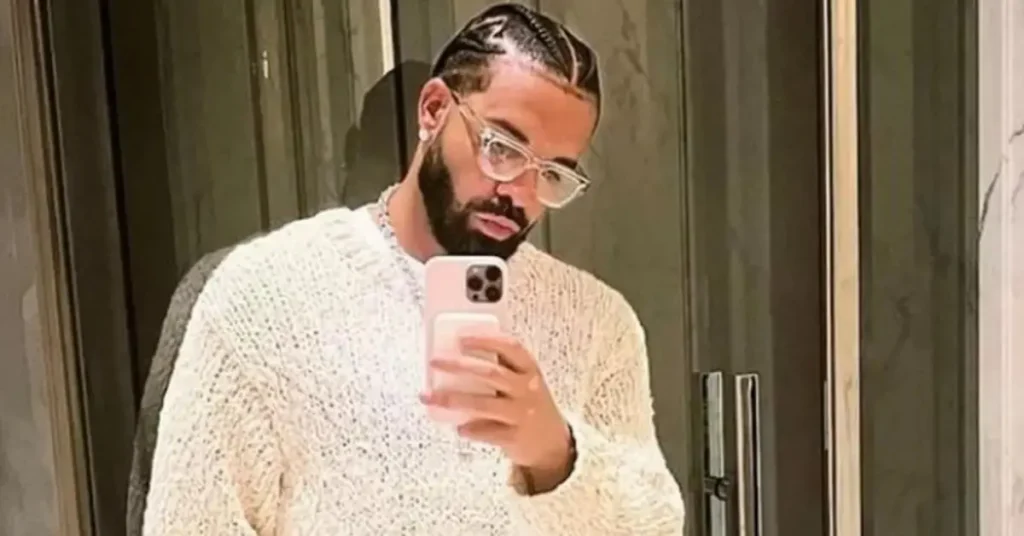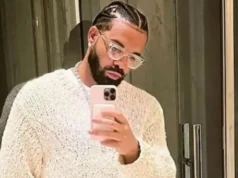Court says hyperbole and trash-talk in rap aren’t actionable facts.

A federal judge has thrown out Drake’s defamation lawsuit against Universal Music Group, finding that the incendiary lines in Kendrick Lamar’s diss track Not Like Us fall within protected expression rather than verifiable false statements.
U.S. District Judge Jeannette Vargas concluded the song’s profanity, trash-talking and hyperbole signal opinion — not literal fact — and therefore are shielded by the First Amendment.
Drake sued UMG in late 2024 after the record label distributed and promoted Not Like Us, which contained allegations that Drake says amounted to “inappropriate relations with minors.” Notably, the suit targeted the label rather than naming Kendrick Lamar directly.
Drake’s legal team argued that UMG prioritized profit over artist safety and knowingly circulated content that damaged Drake’s reputation. UMG responded by calling the lawsuit an attack on artistic freedom and welcomed the court’s decision, saying it looked forward to continuing to support Drake’s career.
Judge Vargas acknowledged the provocative and inflammatory nature of the lyrics but applied a familiar legal test: whether a reasonable listener would interpret the lyrics as assertions of fact. She determined they would not.
In her view, a diss track — packed with threats, profanity and figurative language — is the sort of rhetorical context in which exaggeration and bravado are expected, not literal reportage.
This ruling sits at the crossroads of two important principles: protecting creative expression and guarding individuals against defamatory falsehoods. On one hand, the decision reaffirms robust First Amendment protections for artists, especially in genres like hip-hop where hyperbole and persona are central tools.
Courts have long been reluctant to treat performative insults or artistic provocation as legally actionable statements, and Vargas’s opinion follows that tradition.
On the other hand, the case highlights genuine tensions in the streaming era. Lyrics that began as recorded taunts now reach global audiences instantly; accusations embedded in song can ripple across social platforms, press cycles and public perception.
Drake’s insistence on pursuing the suit — and his intent to appeal — signals that artists and reputational plaintiffs will keep testing where the line between artistic hyperbole and harmful falsehood should be drawn.
As a matter of law, the judge’s reasoning is defensible: context matters, and listeners expect diss tracks to exaggerate. But as a matter of cultural practice, the ruling is less tidy. Artists and labels should be mindful that creative expression exists alongside commercial power and real reputational stakes.
The appeal will be important to watch: it may refine how courts balance expressive latitude against the real-world consequences of widely distributed claims made in the voice of performance.











